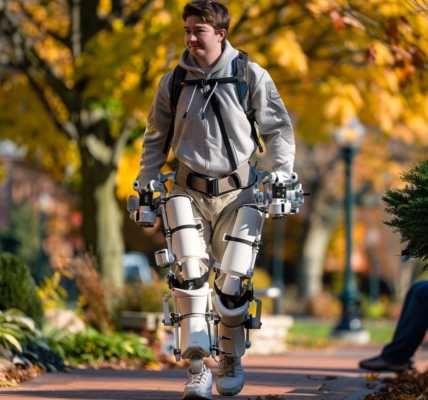Climate Change Poses Threat to Public Health by Fueling Rise of Antibiotic-Resistant ‘Superbugs’
Climate change is posing a significant threat to public health by potentially fueling the rise of antibiotic-resistant ‘superbugs.’ Researchers are concerned that the effects of climate change, such as higher temperatures, increased flooding, rising pollution levels, and population growth, could enhance the resilience of bacteria to current antibiotics.
The emergence of antibiotic-resistant pathogens is a pressing issue that adds urgency to global initiatives aimed at combating antimicrobial resistance (AMR). Efforts to develop new medications and prevent the spread of pathogen immunity are crucial in addressing this growing concern. The impact of climate change on AMR will be a key topic of discussion among world leaders at the upcoming UN General Assembly meeting in September.
Anthony McDonnell, a senior policy analyst at the Center for Global Development, emphasizes the need for more research in this area to understand the tools required to address the escalating threat. With no clear estimates on the extent to which climate-related disasters will exacerbate the burden of resistance, the risks are deemed substantial.
AMR refers to the adaptation of bacteria, viruses, fungi, and parasites over time, leading to resistance against commonly used drugs. The misuse or overuse of antibiotics accelerates this evolutionary process. In 2019, AMR contributed to nearly 5 million deaths globally, with over a quarter of them directly linked to antimicrobial resistance. Projections suggest that by 2050, AMR could result in an additional $1 trillion in annual healthcare costs and substantial GDP losses.
The interconnected nature of the climate crisis with ecosystems, human health, animal health, and food production further complicates the challenge of combating AMR. The potential impact of climate change on the evolution of antibiotic-resistant ‘superbugs’ underscores the critical need for proactive measures to address this looming threat.





